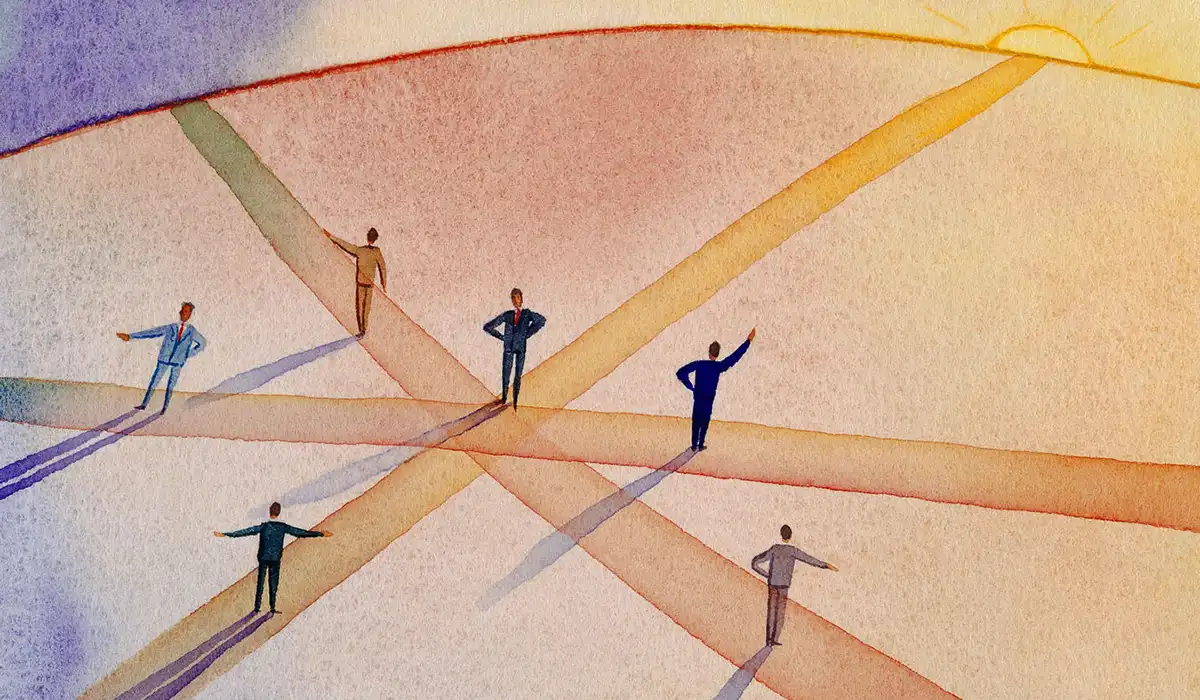Should you trust me?
According to (made up) research, hundreds of (non) interviews, and my (non-relevant) credentials, I have concluded that too many of us are suckers. I have no doubt that the earth is flat, we never landed on the moon, and alchemy works. After all, I read it on the Internet.
I’m in the process of developing a new course focused on improving business thinking and have (seriously) concluded that I need to add material focused on skepticism.
You should be skeptical of everything and everybody as we move further into the future. Politicians can and do lie to us. The Internet is filled with opinions presented as facts. Studies are faked. And AI is not necessarily intelligent.
Skeptic or cynic?
First, being a skeptic is not the same as being a cynic.
Skeptics are individuals who adopt a questioning attitude toward claims, beliefs, or assertions. They are inclined to examine and evaluate evidence before accepting or endorsing a particular idea or belief. They focus on the data.
On the other hand, a cynic is someone who tends to have a pessimistic and distrustful attitude towards human motives and actions, often doubting the sincerity or goodness of others. They focus on the person, not the data.
Skepticism and cynicism share certain similarities, but they are not the same. Skepticism is a broader approach that seeks to evaluate claims and evidence, whereas cynicism tends to focus more on doubting the motives and intentions of others.
If you believe that everything that comes from your “least favorite” news channel is wrong, then I’d guess you to be a cynic.
Be careful – cynics often get suckered. Emotion gets in the way of thinking.
Improve your thinking. Be a skeptic.
Some of the key elements of skepticism include:
- Question assumptions: Skeptics question the assumptions and beliefs that are often taken for granted or accepted without sufficient evidence. E.g., what assumptions are you making about Gen Z workers.
- Demand evidence: Skeptics demand evidence to support claims and beliefs, and they evaluate the quality and reliability of that evidence. E.g., what evidence supports your beliefs about electric vehicles?
- Be open-minded: Skeptics are willing to consider alternative explanations and viewpoints. E.g., is climate change real, and man-made?
- Use empirical evidence: Skeptics place a strong emphasis on empirical evidence. They seek out reliable and verifiable sources of data. E.g., is immigration helping or hurting our economy?
- Be rational: Skeptics use reason and logic to evaluate claims and arguments. They avoid relying on emotion or intuition. E.g., consider your attitude about hybrid work.
- Be intellectually humble: Skeptics acknowledge the limits of their own knowledge and expertise. They are willing to revise their beliefs and opinions when presented with new evidence. E.g., do you believe it because you see it or do you see it because you believe it?
By being a skeptic, we can become more critical and discerning thinkers, better able to evaluate claims and evidence, and less likely to be swayed by false or misleading information. We can avoid being suckers.
Next time
The essential elements of Systems Thinking, another of the five elements in our new hybrid course.
A favor, one more time
I’d like to grow the readership of MindPrep: Transforming Business Thinking.
Please pass this on to friends and colleagues. They can get on the list HERE. We don’t share our email list and they can unsubscribe if they don’t find value (and maybe a bit of entertainment) in our issues.
Cheers,
Bill
Never miss out!
Get an email update every time I publish new content. Be the first to know!

